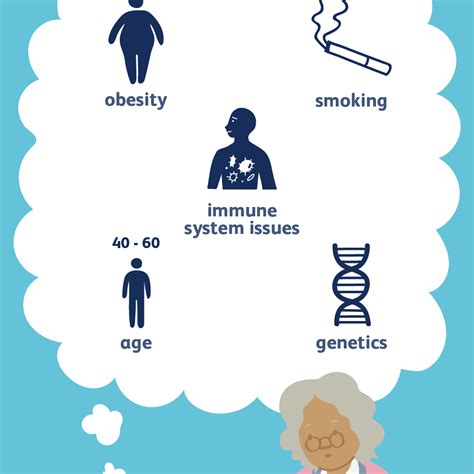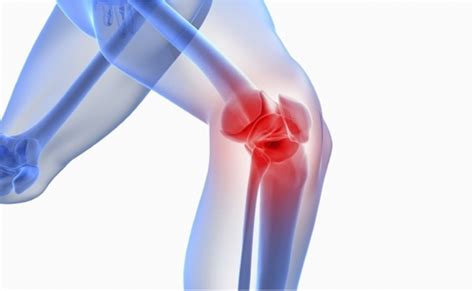Lower back pain is a prevalent issue affecting millions worldwide. Not only is it uncomfortable, but it can significantly impact daily activities and overall quality of life. Fortunately, there are various treatment options and remedies available to alleviate discomfort.

The pain’s onset might be sudden, often resulting from activities like bending or twisting. For some, it might be a constant nudge, while for others, it could escalate to being severely debilitating. One of the common causes of this discomfort is muscle strain and spasm. However, issues like a protruding disk, which can cause pain to radiate down one leg, or spinal stenosis, resulting in pain, numbness, and weakness in the back and legs, are also prevalent.
Given its prevalence, it’s vital to identify when home remedies might suffice and when professional intervention is necessary. Typically, if pain persists or doesn’t show signs of improvement after three to four days, it is advised to consult a doctor. There are numerous home remedies that have been found effective in dealing with low back pain, offering temporary relief.
For more acute conditions, treatments could range from over-the-counter medications like acetaminophen, nonsteroidal anti-inflammatory agents, to prescribed drugs such as gabapentin or pregabalin. Surgery is not always required. For a comprehensive guide on addressing lower back pain, Harvard Health offers a decision guide that can be helpful.
New approaches are also being studied and applied. A recent research by Stanford Medicine found promising results in addressing chronic lower back pain, which can be great news for sufferers.
In conclusion, while our spine’s structure allows us the privilege of walking upright, it also comes at the cost of potential spinal problems. But with the right guidance and knowledge, pain from conditions like ruptured discs and arthritis doesn’t have to immobilize you.


